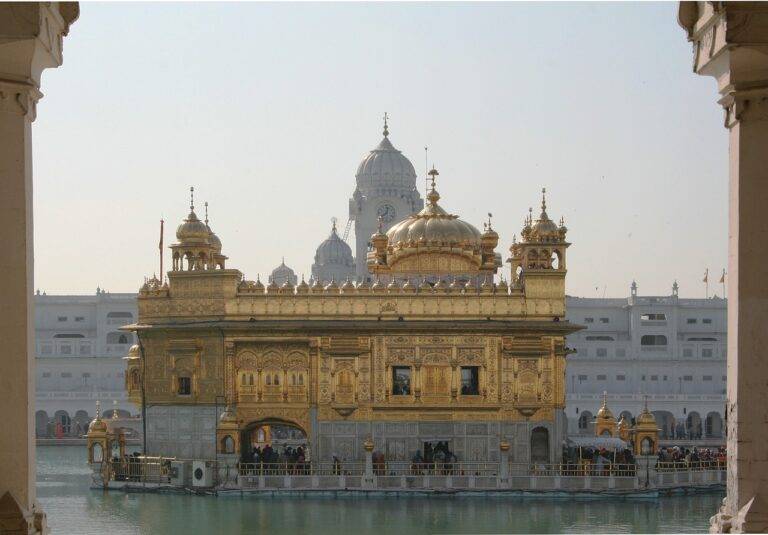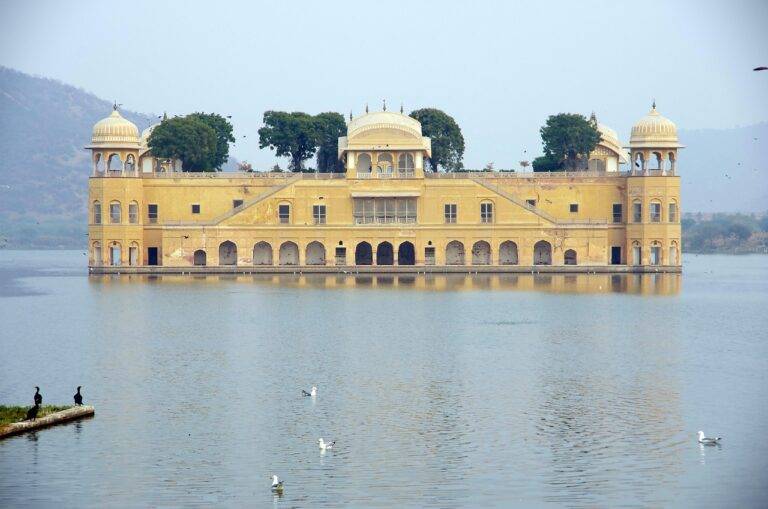Election Results and Their Impact on Economic Policy in City Elections
When it comes to city elections, economic policy plays a crucial role in shaping the outcome. One key factor that influences economic policy in these elections is the candidates’ proposed strategies for job creation and economic growth. Voters often prioritize candidates who have concrete plans for boosting employment opportunities and fostering a strong local economy.
Another significant factor in shaping economic policy in city elections is the candidates’ stance on taxation and budget management. Voters pay close attention to how candidates plan to generate revenue for public services and infrastructure improvements, as well as how they intend to allocate resources effectively. Candidates who demonstrate fiscal responsibility and transparency in their financial proposals are more likely to garner support from voters concerned about the city’s economic well-being.
The Role of Political Parties in Shaping Economic Policies
Political parties play a crucial role in shaping economic policies within a city. These parties often advocate for specific ideologies and economic beliefs that influence the development and implementation of economic strategies. Their stance on issues such as taxation, government spending, and regulation can heavily impact the overall economic direction of the city.
Furthermore, political parties use their influence to lobby for policies that align with their respective agendas. They seek to attract voters by promoting economic proposals that resonate with their supporters. As a result, the economic policies put forth by political parties can reflect their values, priorities, and goals for the city’s economic well-being.
What factors influence economic policy in city elections?
Key factors include the political party in power, the current economic conditions, public opinion, and the priorities of the city government.
How do political parties shape economic policies?
Political parties play a crucial role in shaping economic policies by promoting their own economic ideologies, proposing policy reforms, and influencing decision-making processes.
Can political parties change economic policies once they are in power?
Yes, political parties have the authority to change economic policies once they are in power through legislation, executive orders, and budget allocations.
Do political parties consider public opinion when shaping economic policies?
Political parties often consider public opinion when shaping economic policies, as public support is essential for policy implementation and electoral success.
What are some examples of economic policies influenced by political parties?
Examples include tax reform, trade agreements, government spending priorities, and regulatory policies that reflect the economic ideologies of political parties.





